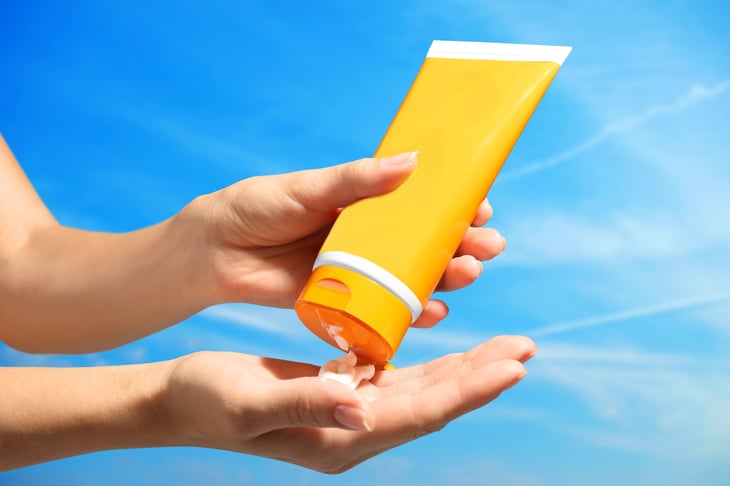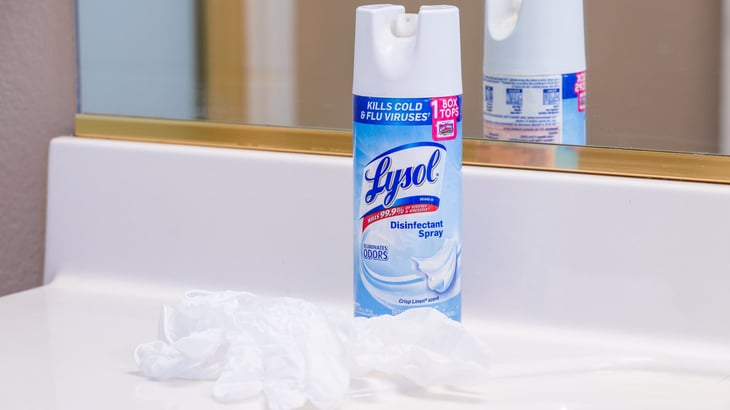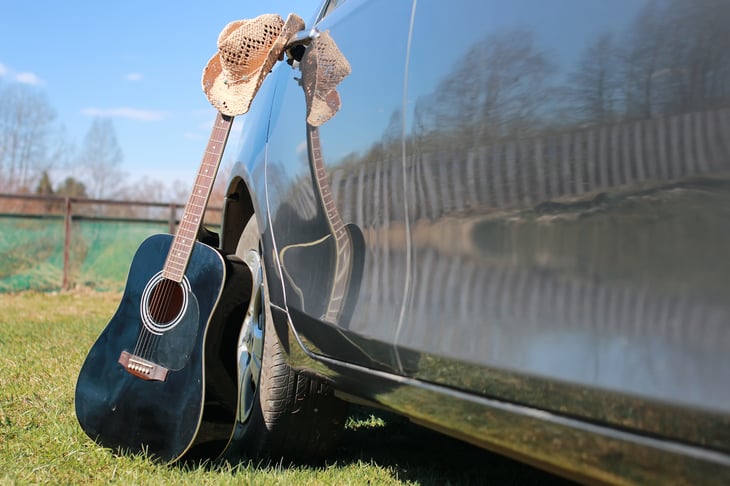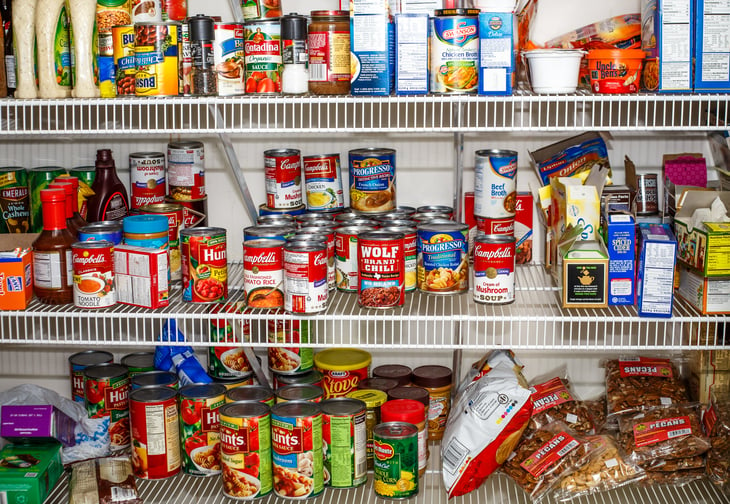
It’s fine to keep many things in your car. In fact, our cars often become storage areas for clothes, sports equipment and even snacks.
But some things are likely to cause problems if left in a vehicle. They don’t respond well to extreme temperatures, or may attract thieves who break into vehicles.
What follows are examples of things you should not leave behind after parking your car.
1. Prescription medicines

According to the National Institutes of Health, you shouldn’t keep medicines in the glove compartment of your car, where heat, cold and moisture can affect them. Some medicines need to be stored at room temperature, and parked cars rarely remain at that point in any season.
It’s smart to check the guidelines that come with medications to make sure they’re stored at the correct temperatures, Dr. Richard Honaker, chief medical adviser of Your Doctors Online, tells Money Talks News.
“If you think your medication has been exposed to extreme temperatures, especially heat, call your pharmacy or health plan for replacements,” he says.
2. Sunscreen

It’s important to use sunscreen to protect your skin from the sun’s ultraviolet rays.
While it’s wise to take along sunscreen when you travel, don’t leave it in a hot car. The effectiveness of sunscreen products can be diminished by exposure to heat.
According to the Centers for Disease Control and Prevention, the shelf life of sunscreen decreases if it has been subjected to high temperatures.
3. Perishable food

During hot summer months, it’s important to think about how you will transport groceries home from the supermarket.
In hot weather, groceries should not be placed in the trunk of a car, since bacteria can multiply quickly at high temperatures, according to the Food and Drug Administration. It’s safer to put food in the air-conditioned passenger compartment.
Remember to refrigerate or freeze meat, poultry, seafood and other perishables within two hours of their purchase. If temperatures outdoors exceed 90 degrees Fahrenheit, refrigerate within one hour.
4. Aerosol cans

Aerosol cans — such as those containing spray paint, sunblock or deodorant — shouldn’t be kept in your car, since they are sensitive to heat. The contents of pressurized cans may expand, possibly causing them to explode.
Road & Travel Magazine reports that most aerosols are meant to be stored at temperatures of no more than 120 degrees Fahrenheit. During summer months, outside air temperatures can rise above 90 degrees in many parts of the country and temperatures inside cars can exceed 130 degrees, creating the possibility of an aerosol can explosion.
Says Road & Travel:
“Don’t store aerosol cans in places where there is no ventilation or where the temperatures cannot be controlled. You or your child can be seriously injured or killed if riding in close proximity to these materials when they blow.”
5. Cellphones

There are good reasons not to leave the cellphone behind when you leave your car. If the phone is visible inside the passenger compartment, thieves may break into your vehicle.
Also, the extremely cold temperatures cars are exposed to during winter months can damage your cellphone. Time Magazine reports that iPhones are made to operate in temperatures above 32 degrees. In very cold weather, smartphones may suffer from shortened battery life and their glass may even shatter.
6. Important documents

Vehicle registration documents need to be kept in cars. However, storing other important papers such as tax forms or bank statements in your car can leave you vulnerable to identity theft.
7. Pets

Leaving a pet alone in a parked car while you run errands can endanger the animal’s health, notes People for the Ethical Treatment of Animals.
When the outside temperature is 70 degrees, temperatures inside a parked car can rise to 99 degrees within 20 minutes. On a 90-degree day, the temperature inside a car can hit 109 degrees in 10 minutes. PETA says animals can have brain damage from heat exposure or even die from heat stroke in as little as 15 minutes.
8. Wooden musical instruments

Cold temperatures in cars can damage musical instruments. If an instrument is made of wood, such as violin or a guitar, cold air can cause cracking. That’s expensive to repair, notes the Des Moines Register.
Extreme cold or heat also can degrade the glue that holds wooden instruments together, according to The Vault at Music & Arts.
9. Canned foods

Never leave cans of food in the car during freezing weather. When canned food freezes, the liquid expands and can break the seal, spoiling the food.
Says the U.S. Department of Agriculture:
“If the seams have rusted or burst, throw the cans out immediately, wrapping the burst can in plastic and disposing the food where no one, including animals, can get it.”





Add a Comment
Our Policy: We welcome relevant and respectful comments in order to foster healthy and informative discussions. All other comments may be removed. Comments with links are automatically held for moderation.